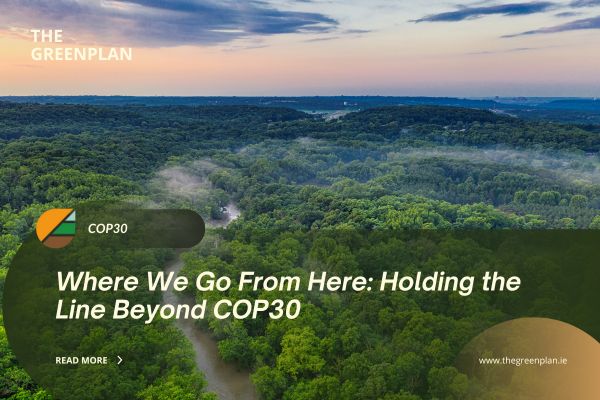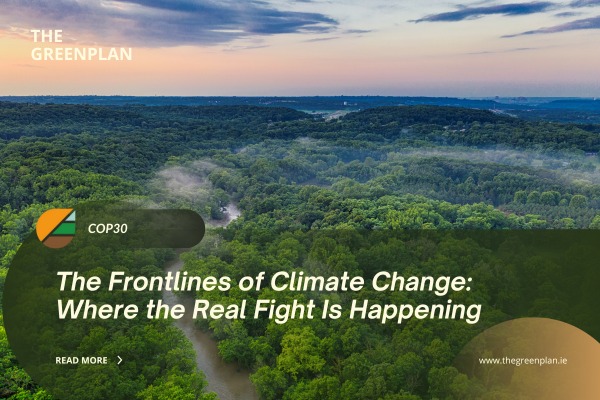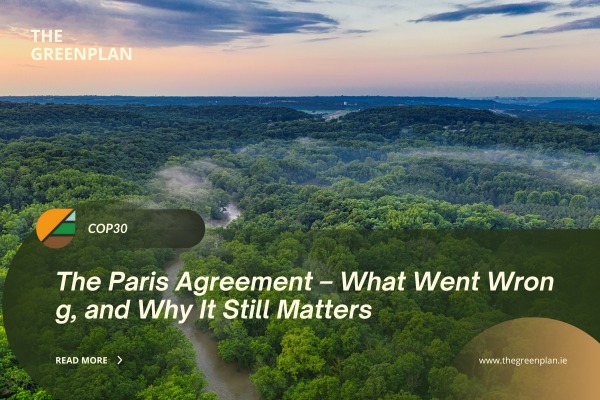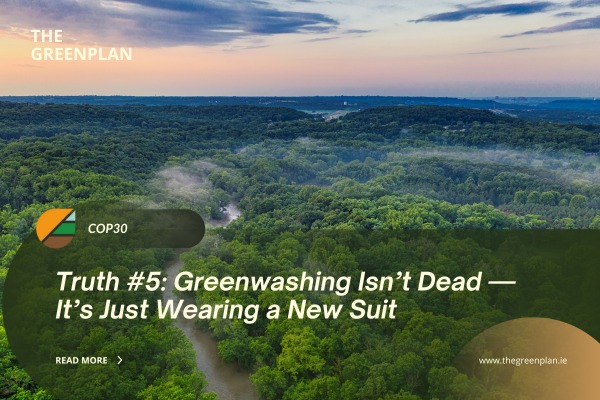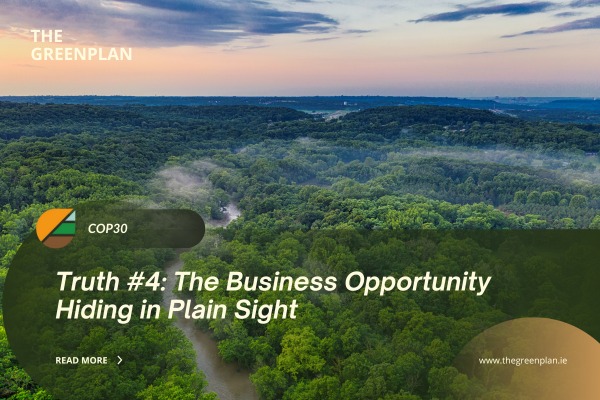What Is Greenwashing?
Greenwashing occurs when a business presents itself as more environmentally or socially responsible than it actually is. It includes vague marketing claims, misleading branding, and selective disclosure of information all aimed at appealing to eco-conscious customers, investors, or partners.
In Ireland and across the EU, the pressure to demonstrate ESG performance is rising. However, without credible action and evidence, sustainability claims can cross the line into greenwashing damaging trust, risking regulatory penalties, and delaying real progress.
Why Greenwashing Is a Growing Concern in Ireland and the EU
Regulatory Crackdown
The European Union is strengthening its stance on false environmental claims. Under the upcoming Green Claims Directive, any public environmental statement must be based on independent, verifiable evidence. Meanwhile, the Corporate Sustainability Reporting Directive (CSRD) requires detailed ESG disclosures from a growing number of companies.
Consumer Expectations Are Higher
71% of Irish consumers say they would stop buying from a business if it misled them about sustainability. Gen Z and millennials, in particular, scrutinise claims and expect transparency over buzzwords.
Business Stakeholders Demand Accountability
Procurement teams, investors, and funding bodies increasingly assess ESG performance. A poor reputation for greenwashing can limit growth opportunities and affect access to partnerships or capital.
It Derails Real Climate Action
Beyond reputational risk, greenwashing distracts from meaningful action on climate change something Ireland urgently needs across sectors.
5 Common Greenwashing Mistakes to Avoid
1. Vague or Unsubstantiated Claims
Terms like “eco-friendly,” “green,” or “ethical” mean little without context or evidence. Every sustainability statement should answer: What are we doing? How is it measured?
2. Cherry-Picking Initiatives
Highlighting one positive activity like carbon offsetting while ignoring major emissions elsewhere (e.g., supply chains) is misleading.
3. Lack of Measurable Data
Without accurate data on emissions, energy, waste, or water use, claims lack credibility. Measurement is the foundation of genuine sustainability.
4. No Independent Verification
Third-party certifications and audits build trust. Self-assessment is no longer sufficient under EU rules.
5. Overpromising
Ambitious net zero targets must include defined timelines, roadmaps, and transparent progress updates. Otherwise, they’re just empty promises.
The GreenPlan: Your Strategic Partner for ESG Without Greenwashing
Avoiding greenwashing is not just about compliance it’s about building trust, securing investment, and future-proofing your business. The GreenPlan (TGP) is an Irish-led solution designed to help businesses implement credible ESG strategies.
What Sets TGP Apart
- Proven Framework: Our 7-Theme model covers environment, social impact, governance, compliance, and culture fully aligned to CSRD and international best practices.
- Independent Certification: Bronze, Silver, and Gold levels, externally verified and customised for each organisation.
- Data-Driven Reporting: Track carbon savings, biodiversity progress, and cultural shifts using reliable metrics.
- Team Training: Our Champion Programme empowers staff to lead sustainability from within.
- No Greenwash Just Action: Every TGP client has verifiable impact and an honest story to share.
Avoiding Greenwashing in Communication
Part of being credible is using plain language. Sustainability communication often relies on jargon and buzzwords making it confusing for teams, consumers, and auditors.
TGP helps Irish businesses translate complex ESG frameworks into simple, transparent actions that resonate with all stakeholders.
5 Practical Steps to Avoid Greenwashing Today
1. Audit Your Claims: Review all sustainability messages public and internal and ensure they’re backed by evidence.
2. Get a Baseline: Measure your current environmental and social footprint including emissions, energy, water, and supply chain impact.
3. Set Realistic Goals: Use SMART (Specific, Measurable, Achievable, Relevant, Time-bound) goals instead of vague pledges.
4. Train Your Team: Make sustainability part of your culture, not just your marketing.
5. Work with a Trusted Partner: TGP helps Irish businesses avoid greenwashing with structure, data, and independent oversight.
Final Thoughts
Greenwashing isn’t just a branding risk it’s a barrier to meaningful change. For Irish businesses, the opportunity lies in building transparent, measurable, and credible sustainability practices that stakeholders trust and value.
With The GreenPlan, you don’t just avoid greenwashing you lead the way forward.
